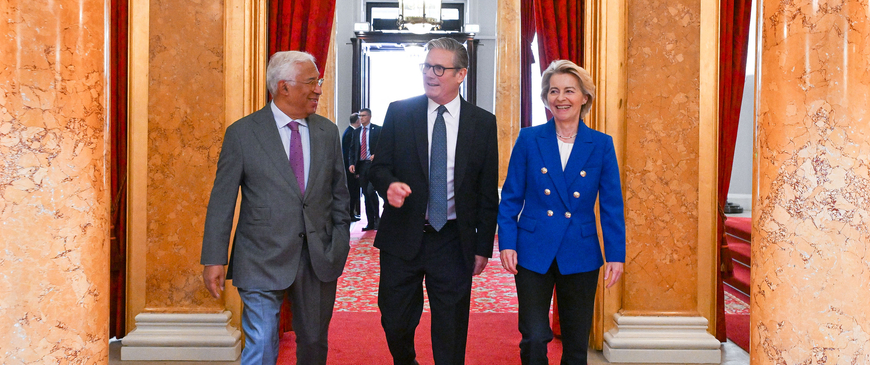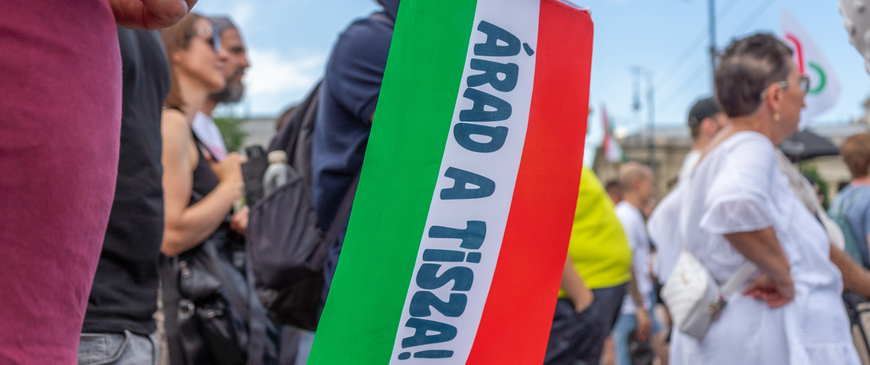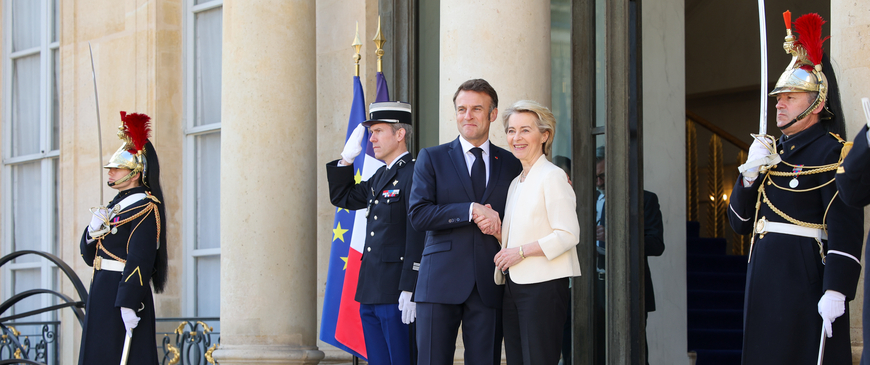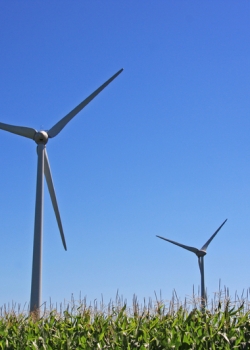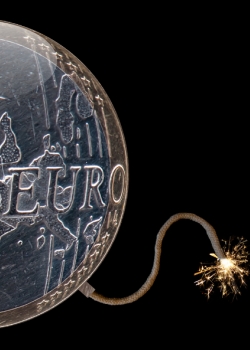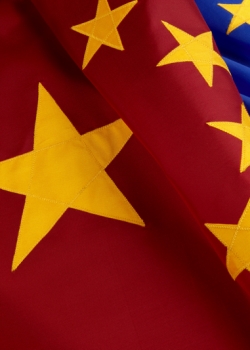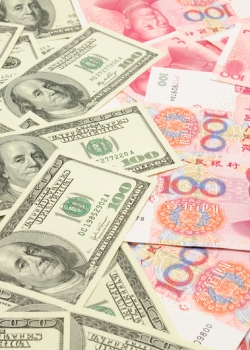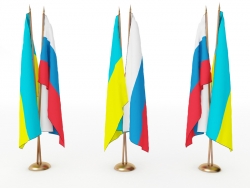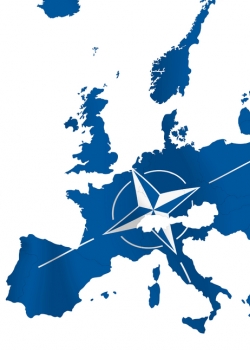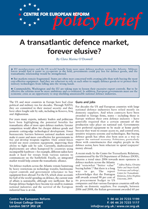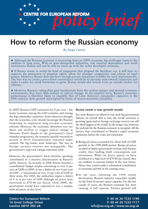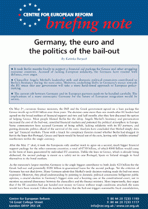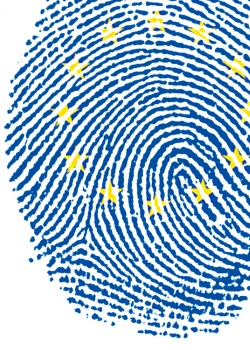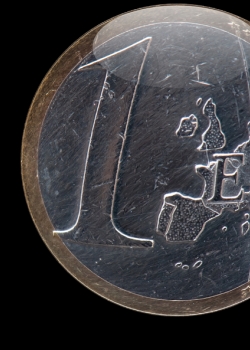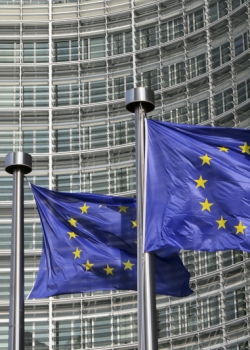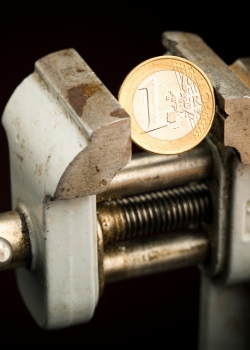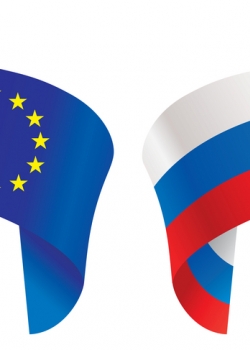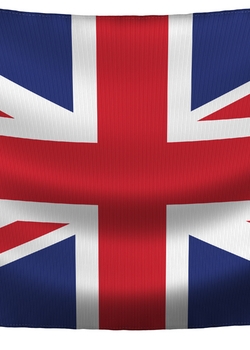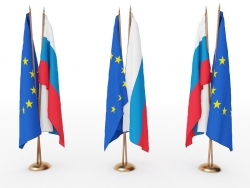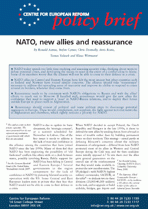Research
The EU must support clean energy, not dirty coal
02 August 2010
The EU aspires to be a world leader in reducing carbon emissions. It seeks to develop renewable sources of energy and new ways of making coal and gas cleaner.
A childish take on the eurozone crisis
02 August 2010
In the 1970's, a group of young professionals in Washington formed a baby-sitting co-operative. The way it worked was simple. Couples who wanted an evening out could call on other parents to look after their children.
Is China being beastly to foreign investors?
30 July 2010
When I visited China a year ago, I was struck by the strong feeling among many foreign firms there that the business environment was getting tougher. Western businessmen complained, in particular, about discrimination against foreigners.
Issue 73 - 2010
30 July 2010
- The US-China 'reset': An opportunity for the EU, Charles Grant
- The EU must support clean energy, not dirty coal, Stephen Tindale
- A childish take on the eurozone crisis, Philip Whyte
Who is winning Eastern Europe's great game?
19 July 2010
The US is withdrawing from the former Soviet space; the European Union struggles to be taken seriously there. Does that leave Russia free to strengthen its influence in the countries around its borders? Not necessarily, for the situation in the region is complex.
Membership for Russia a step too far for NATO?
08 July 2010
There are growing signs that Russia’s relations with NATO are on the mend. Senior Russian thinkers, some close to the government, have been cautiously talking up the possibility of Russia joining the alliance, as have several western officials and think-tanks (including the CER.)
A transatlantic defence market, forever elusive?
01 July 2010
Despite close political and military ties across the Atlantic, defence markets are fragmented by burdensome export controls and government reluctance to buy equipment from abroad.
How to reform the Russian economy
01 July 2010
Russia's economy faces tough medium-term challenges: over-dependence on oil and gas, state-dominated industries and meddlesome bureaucrats.
Germany, the euro and the politics of the bail-out
28 June 2010
Germany agreed to support its eurozone partners only slowly and reluctantly. Domestic political constraints and Angela Merkel's caution were partly to blame.
EU JHA co-operation: After Lisbon, reality bites
24 June 2010
EU policies on policing, justice and immigration were widely expected to take a big leap forward after the ratification of the Lisbon treaty.
The eurozone retreats into a beggar-thy-neighbour cul-de-sac
14 June 2010
Almost every member of the eurozone is rushing to slash public spending. While there is no doubting the scale of the fiscal challenge, the eurozone economy is not strong enough to cope with the contractionary effects of a generalised budgetary tightening.
Shale gas and EU energy security
11 June 2010
Will unconventional gas solve Europe’s energy security problem? Many EU member-states rely a lot on Russian gas; in the case of some Central and East European countries the dependence is total.
Eurozone governance: Why the Commission is right
04 June 2010
The collapse of market confidence sparked by the parlous state of Greece’s public finances is forcing the EU to review how the eurozone is run. This is entirely welcome.
Will the Conservatives' charm offensive endure?
01 June 2010
The Eurosceptic conservatives are back in power, yet the government they lead is courting Britain's EU partners. In their early meetings with European leaders, David Cameron and his senior ministers have been all smiles and politesse.
The euro's reality gap
01 June 2010
Europe faces a critical choice between greater integration or disintegration. The gap between the rhetoric of a united Europe and the reality of national interests and politics has always dogged the EU.
Russia and the West: Is the reset working?
01 June 2010
There are signs that Russia is becoming less antagonistic towards the West and more inclined to work co-operatively with it. Some regard this change in behaviour as proof that the Obama administration's plan to 'reset' relations with Russia is working and that the EU's continuous efforts to engage Moscow are finally paying off.
Issue 72 - 2010
28 May 2010
- Will the Conservatives' charm offensive endure?, Charles Grant
- The euro's reality gap, Simon Tilford
- Russia and the West: Is the reset working?, Katinka Barysch, Tomas Valasek
Can the EU help Russia modernise?
28 May 2010
The EU and Russia are planning to launch a ‘partnership for modernisation’ at their next summit in Rostov on May 31st. The initiative – launched by Commission President Barroso at the last summit six months ago – is meant to breathe new life into a relationship that has become stale and tense. It is unlikely to succeed.
Business leaders risk discrediting markets
13 May 2010
Despite their battered reputation, markets remain the best way of generating economic growth. But the market economy faces a crisis of legitimacy brought about by rising inequality and a breakdown of the relationship between risk and reward.
NATO, new allies and reassurance
12 May 2010
NATO spends too little time thinking about potential conflicts close to home and developing the means to react. Some of its members – mostly in Central and Eastern Europe – worry that the alliance would not be able to come to their defence in a crisis.

